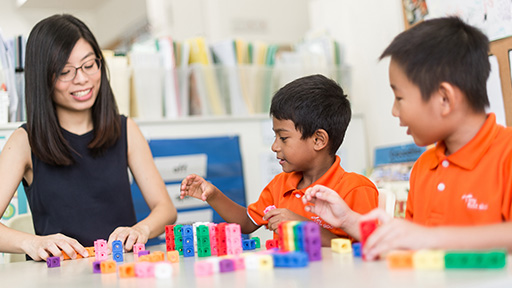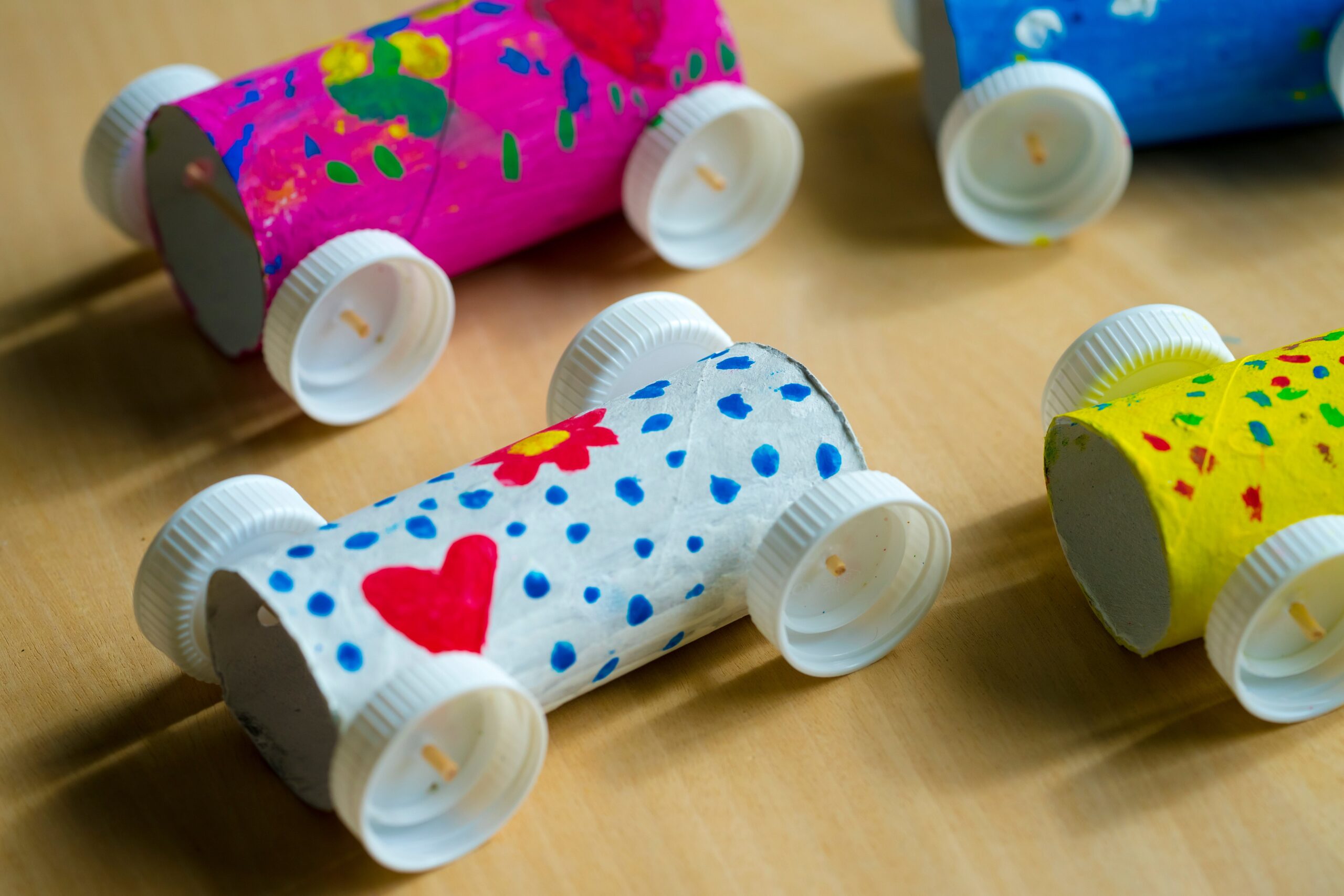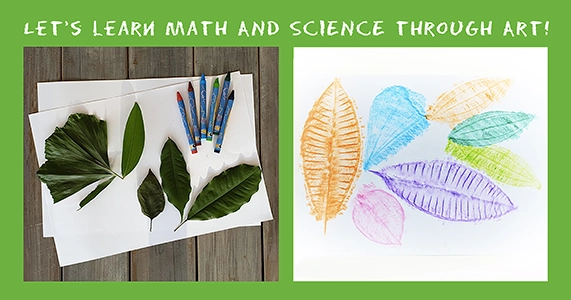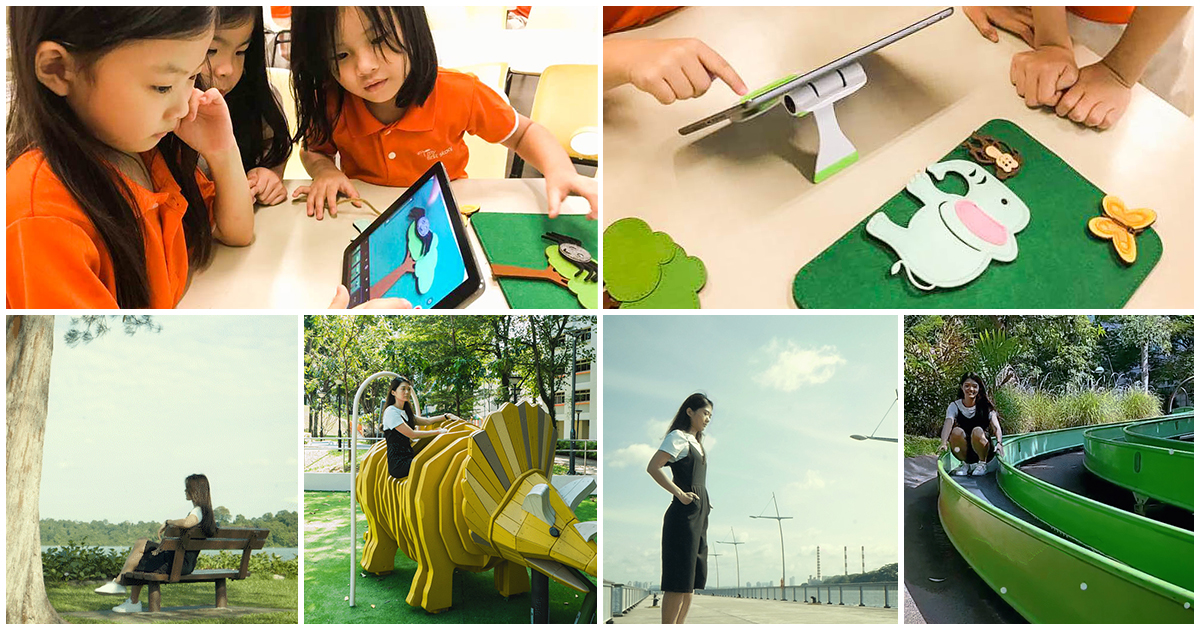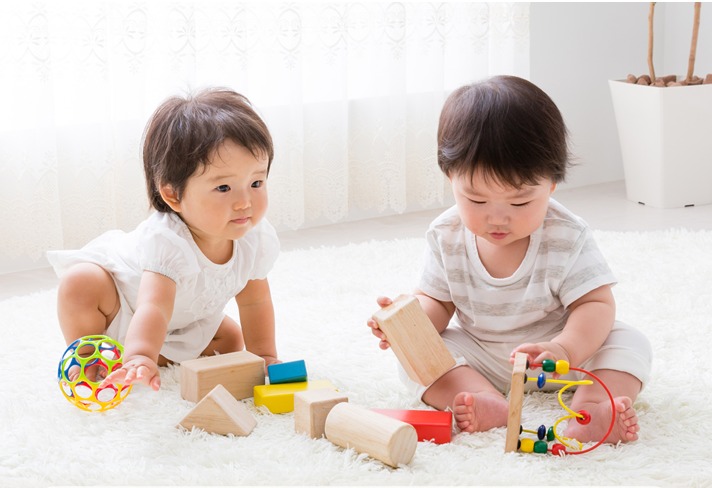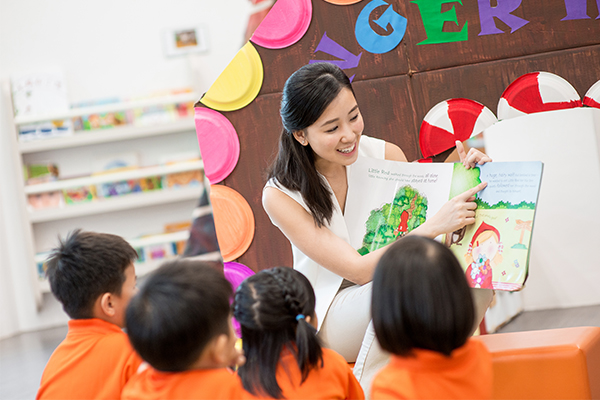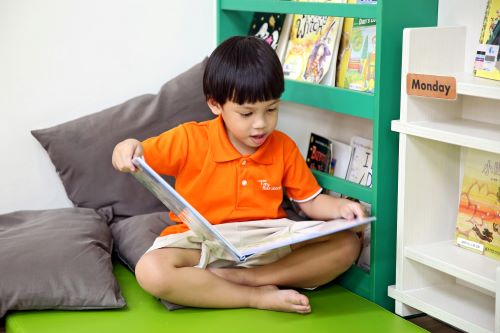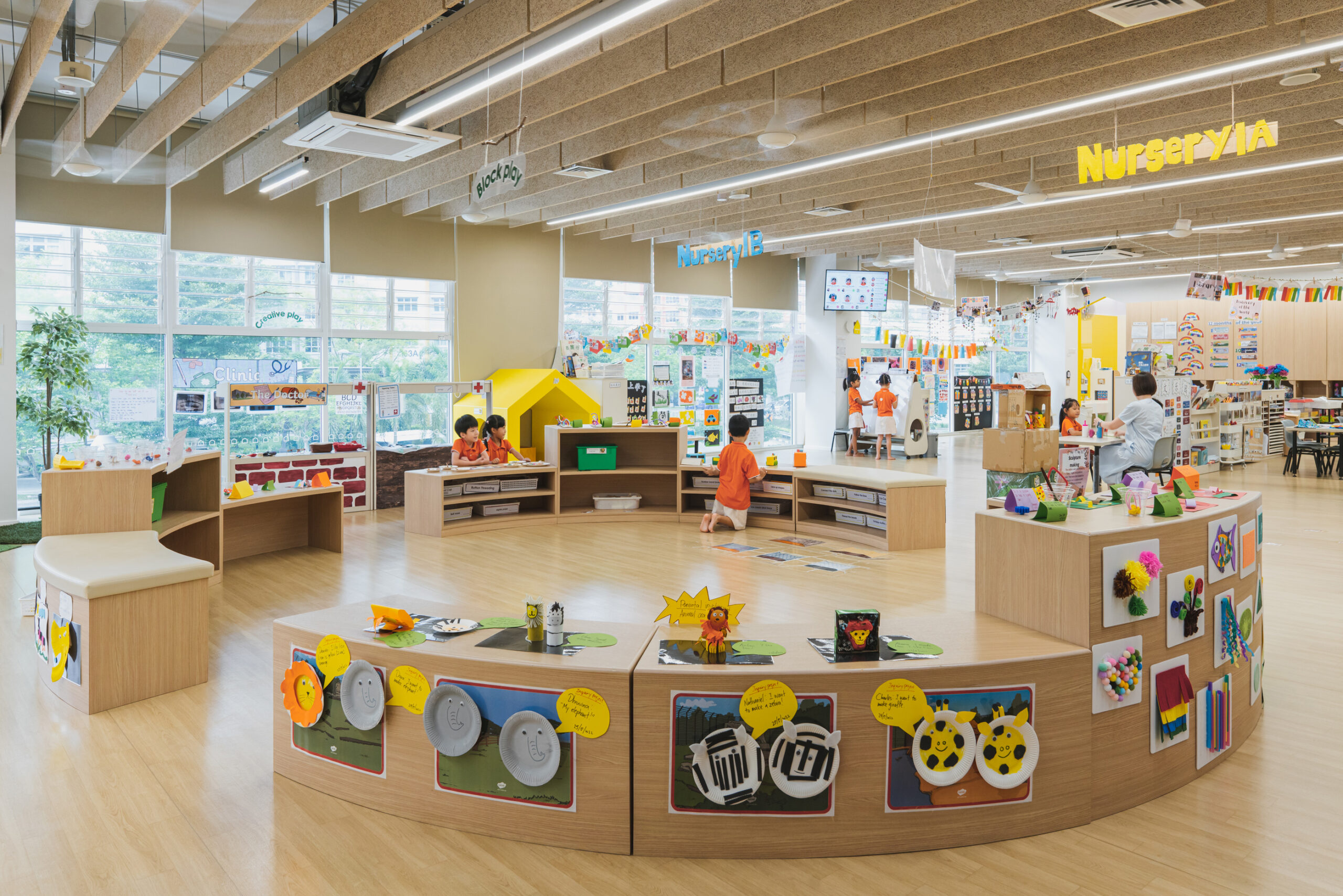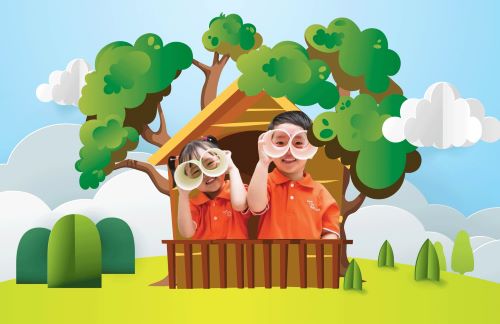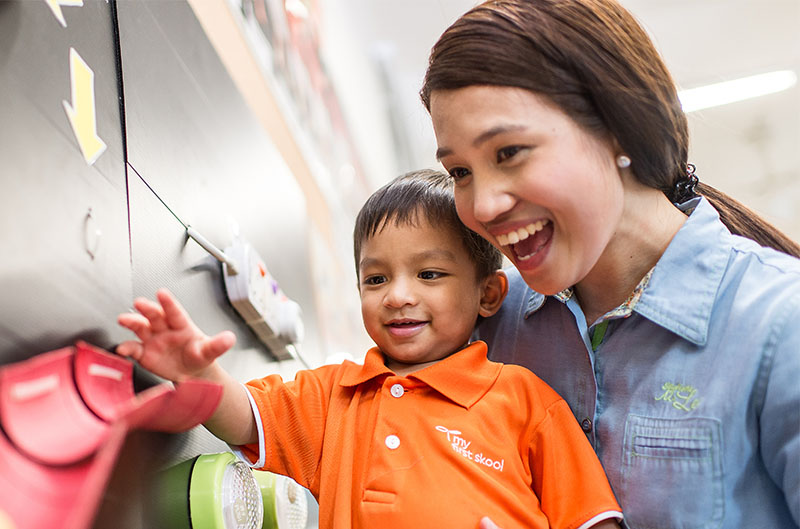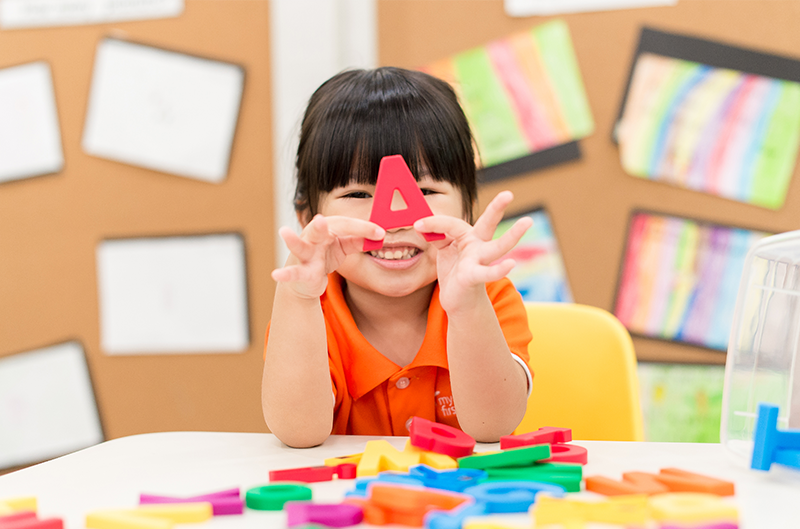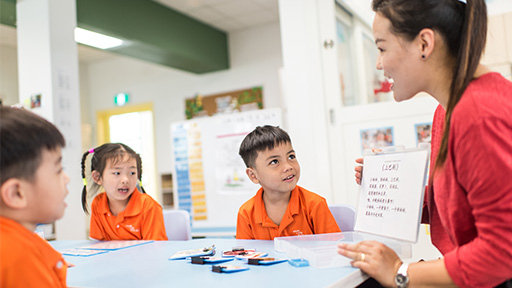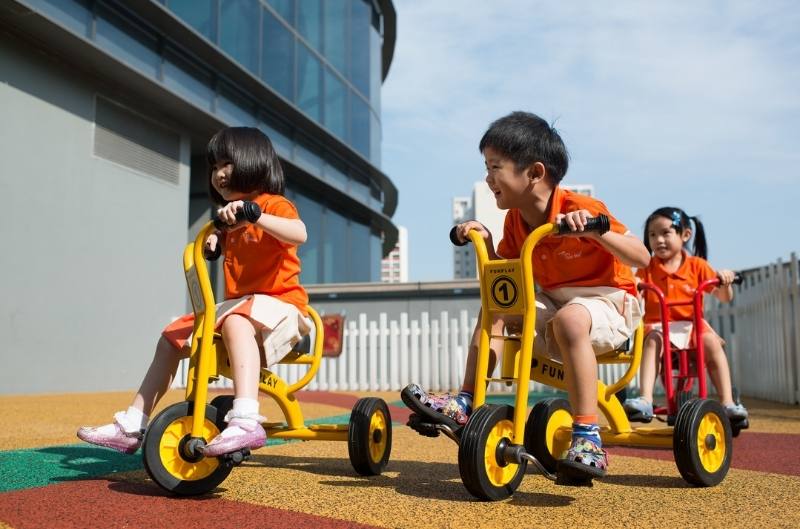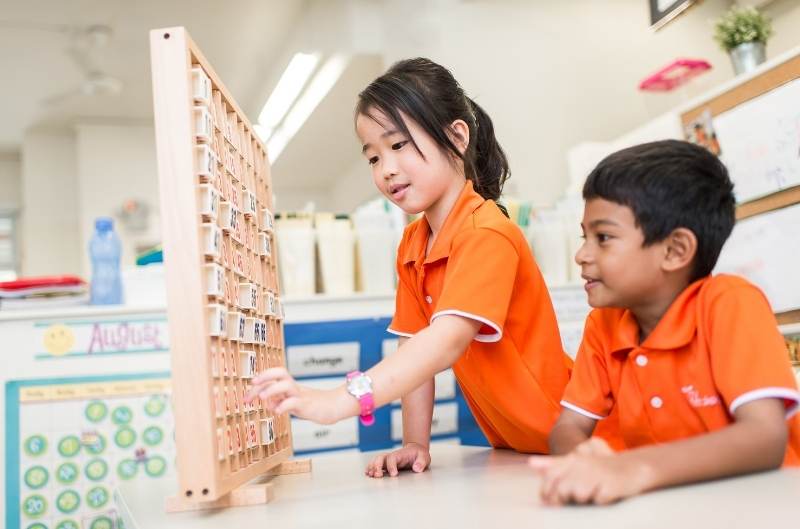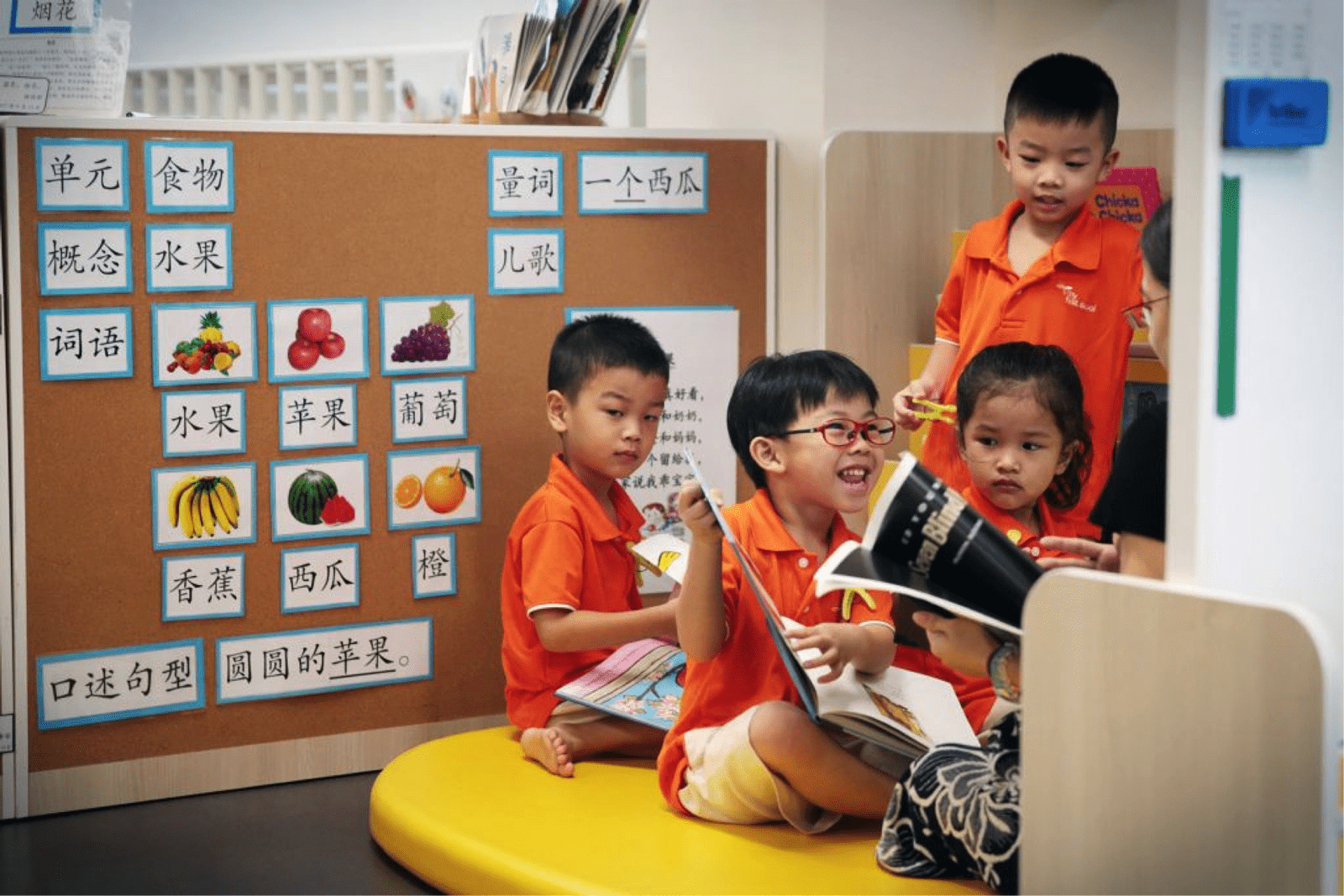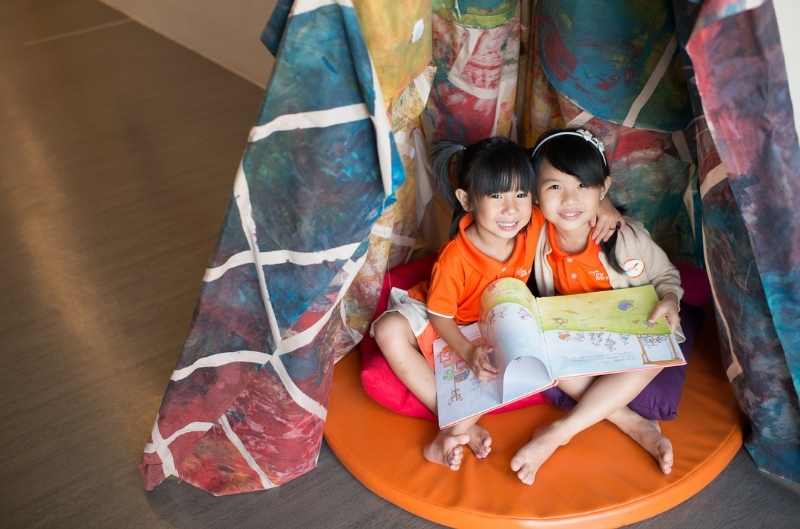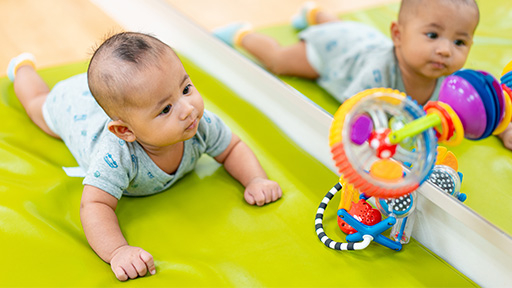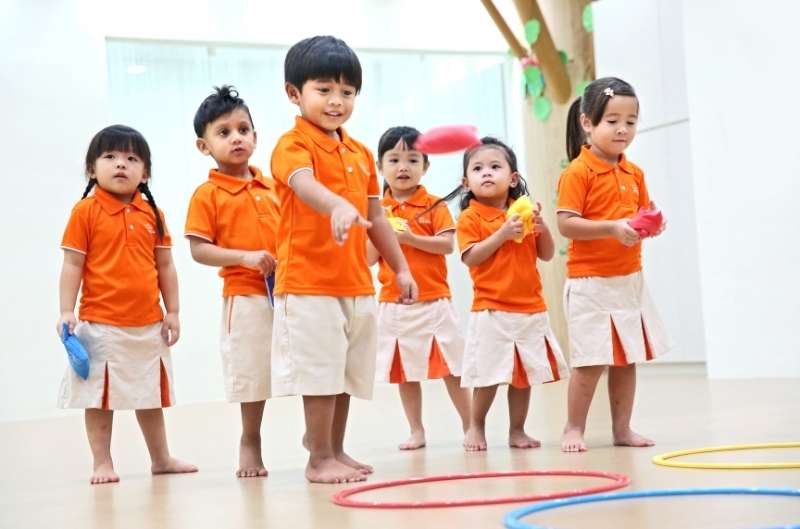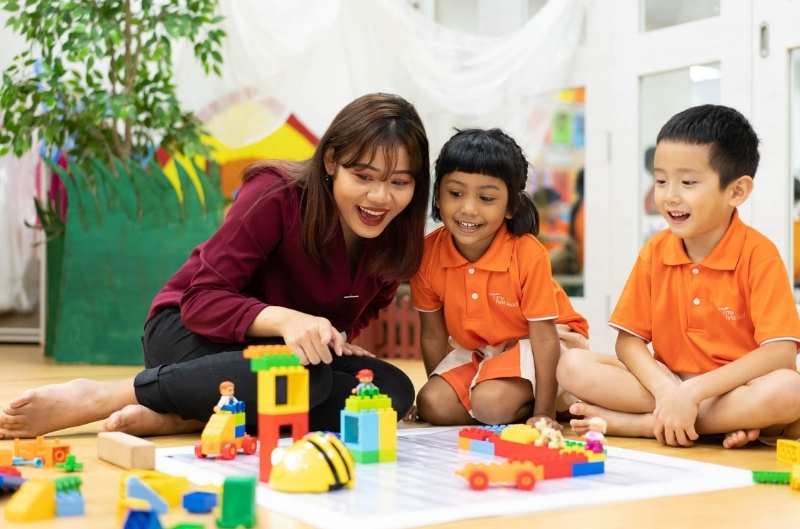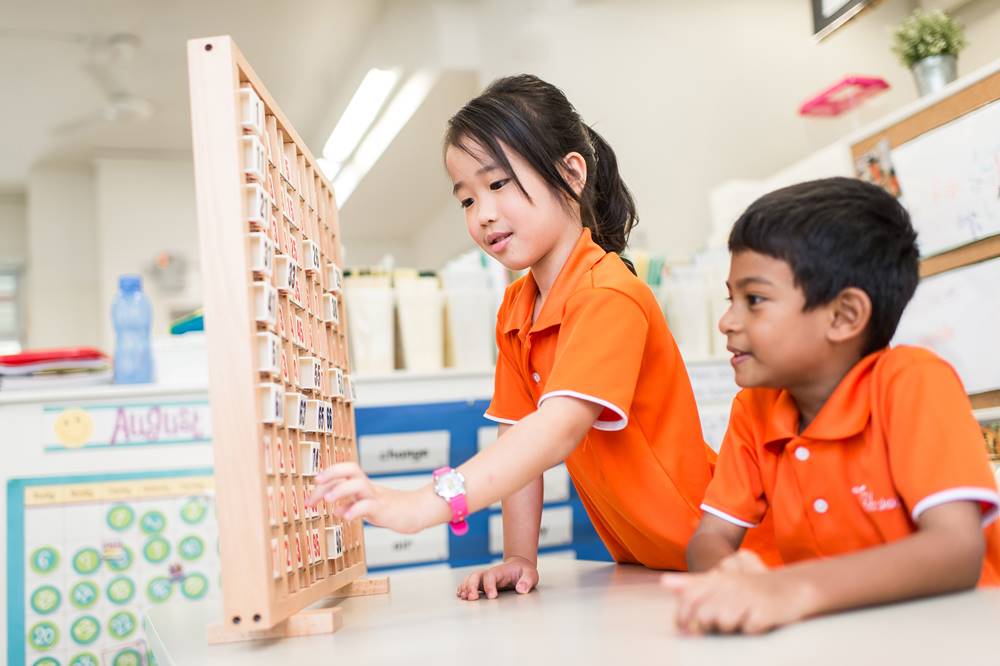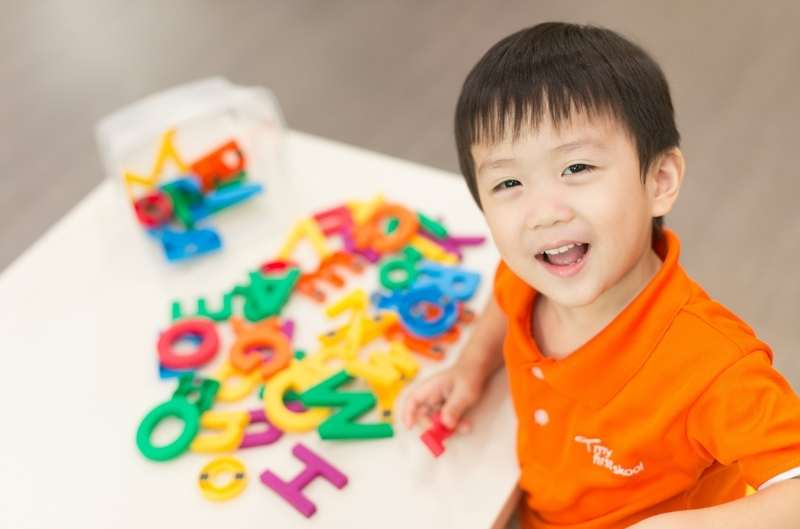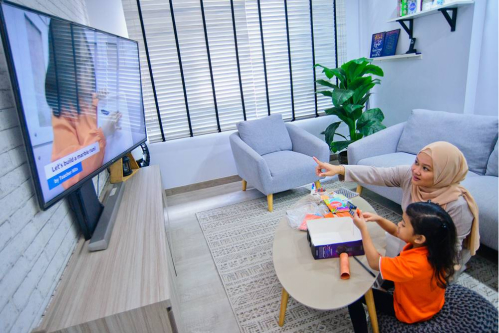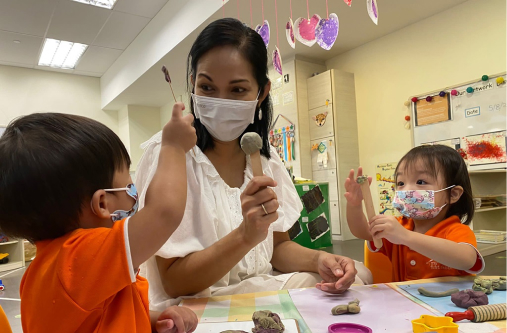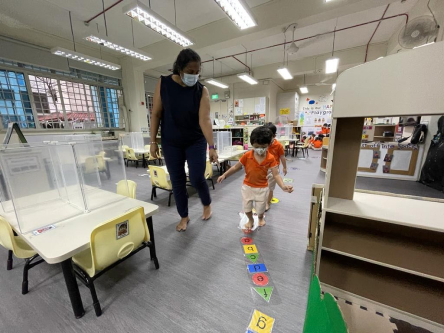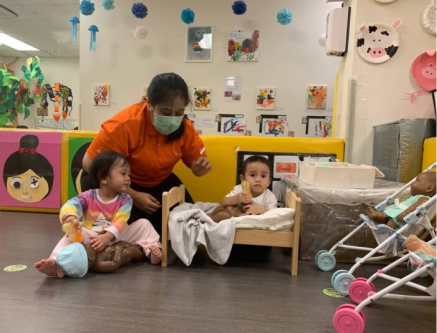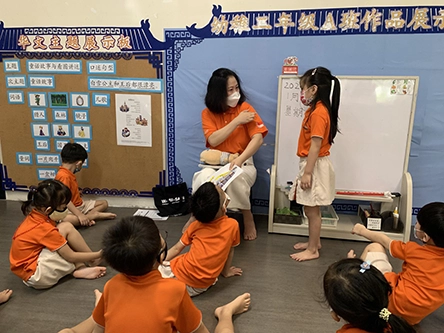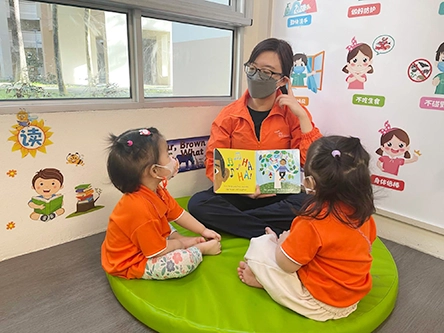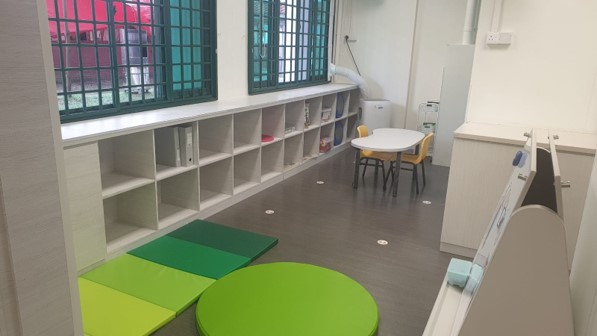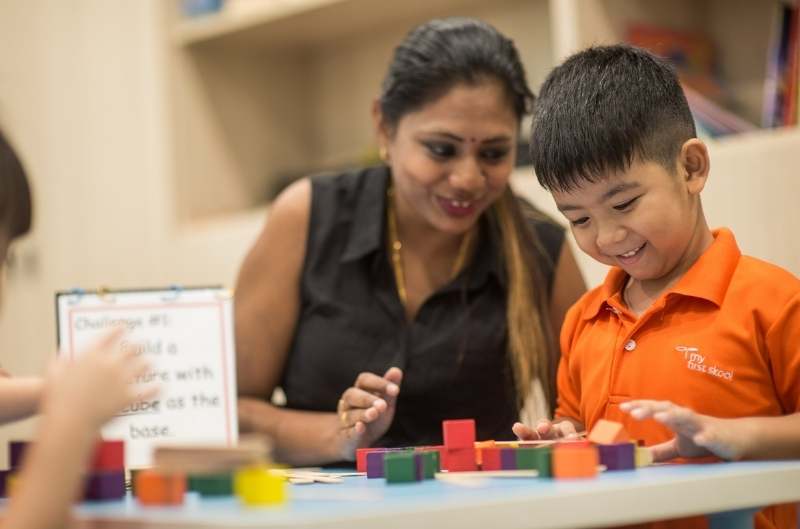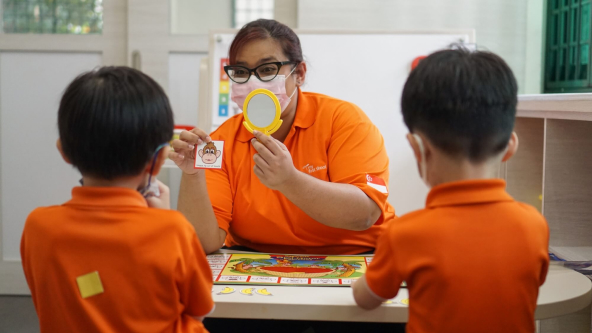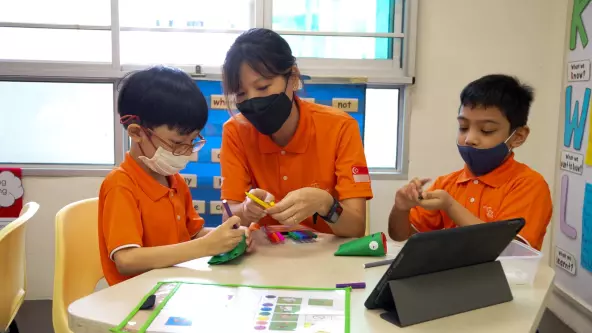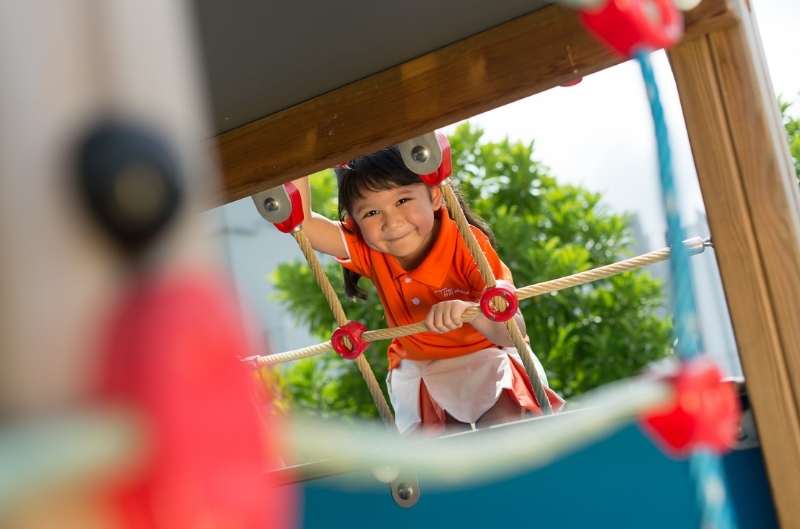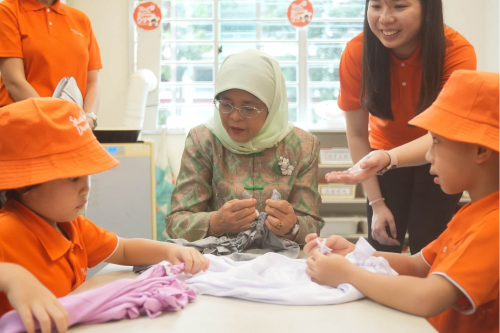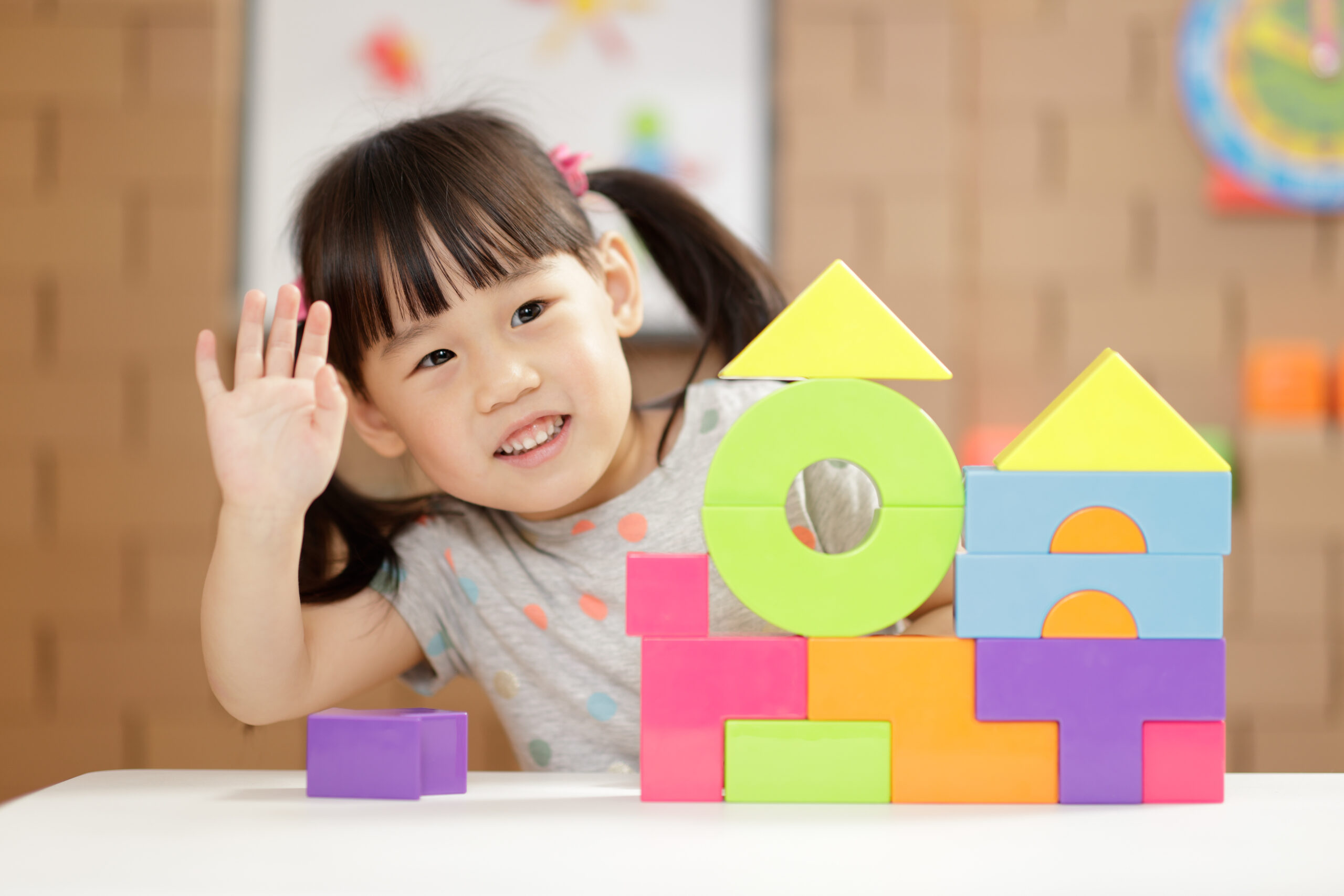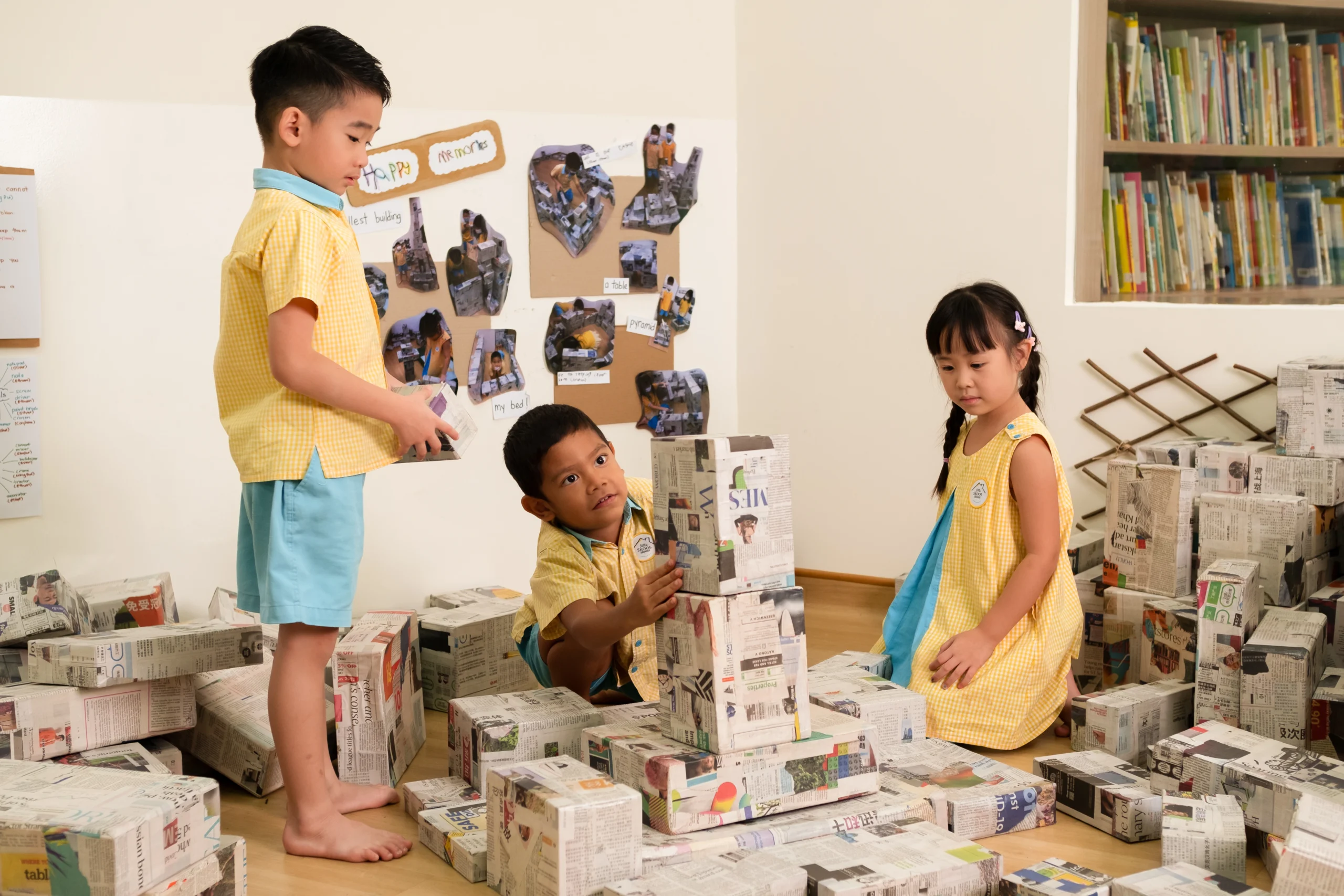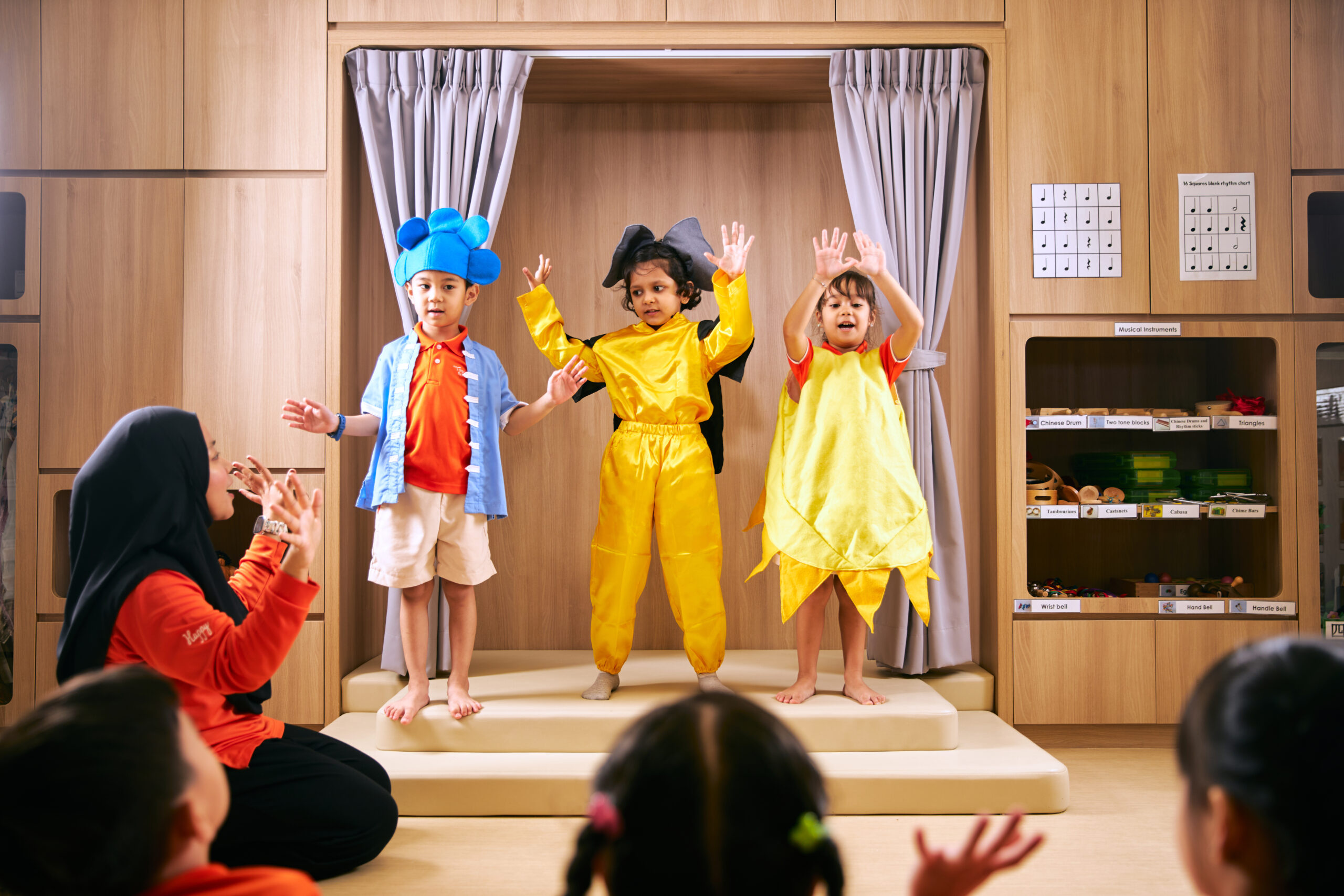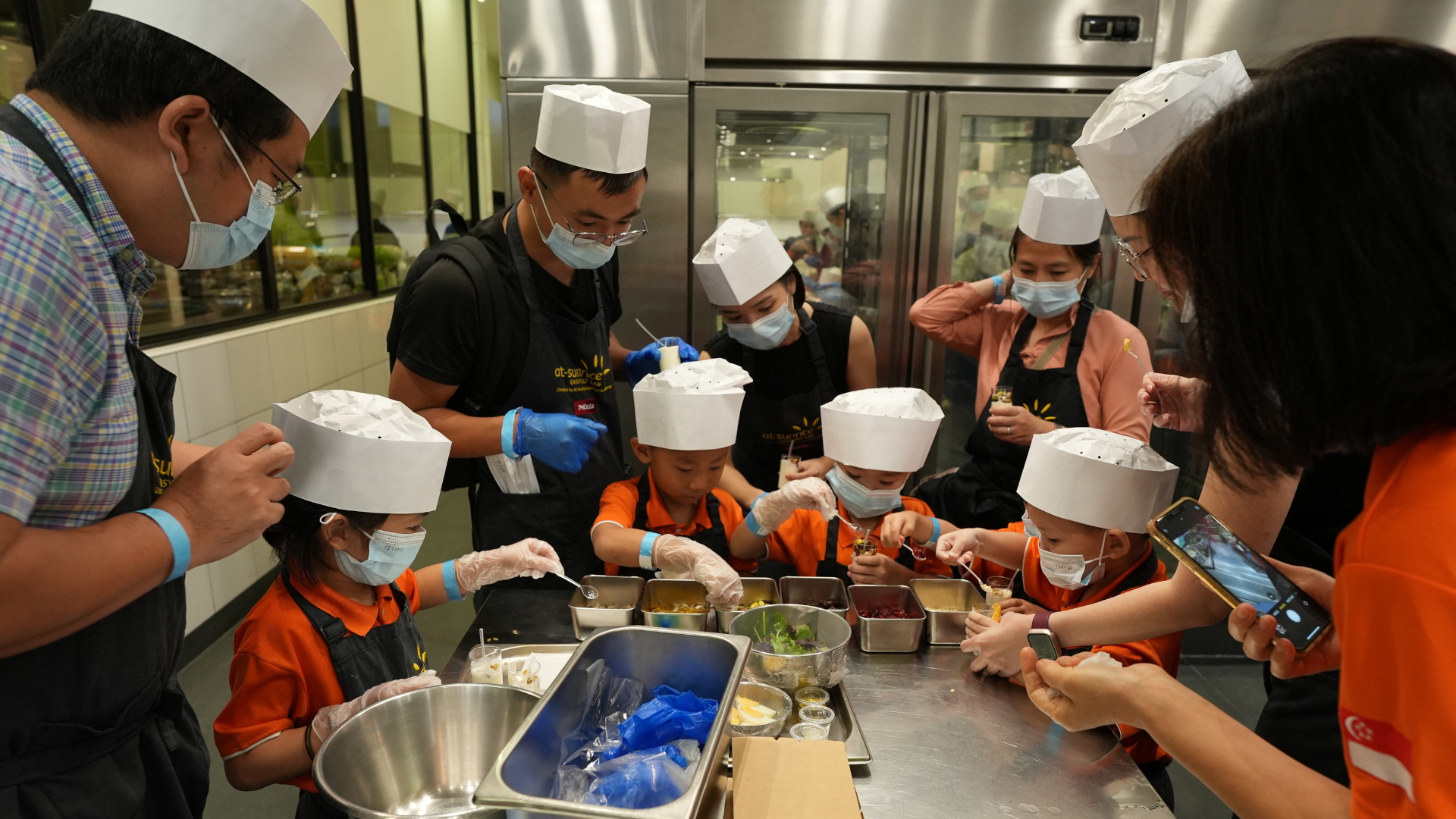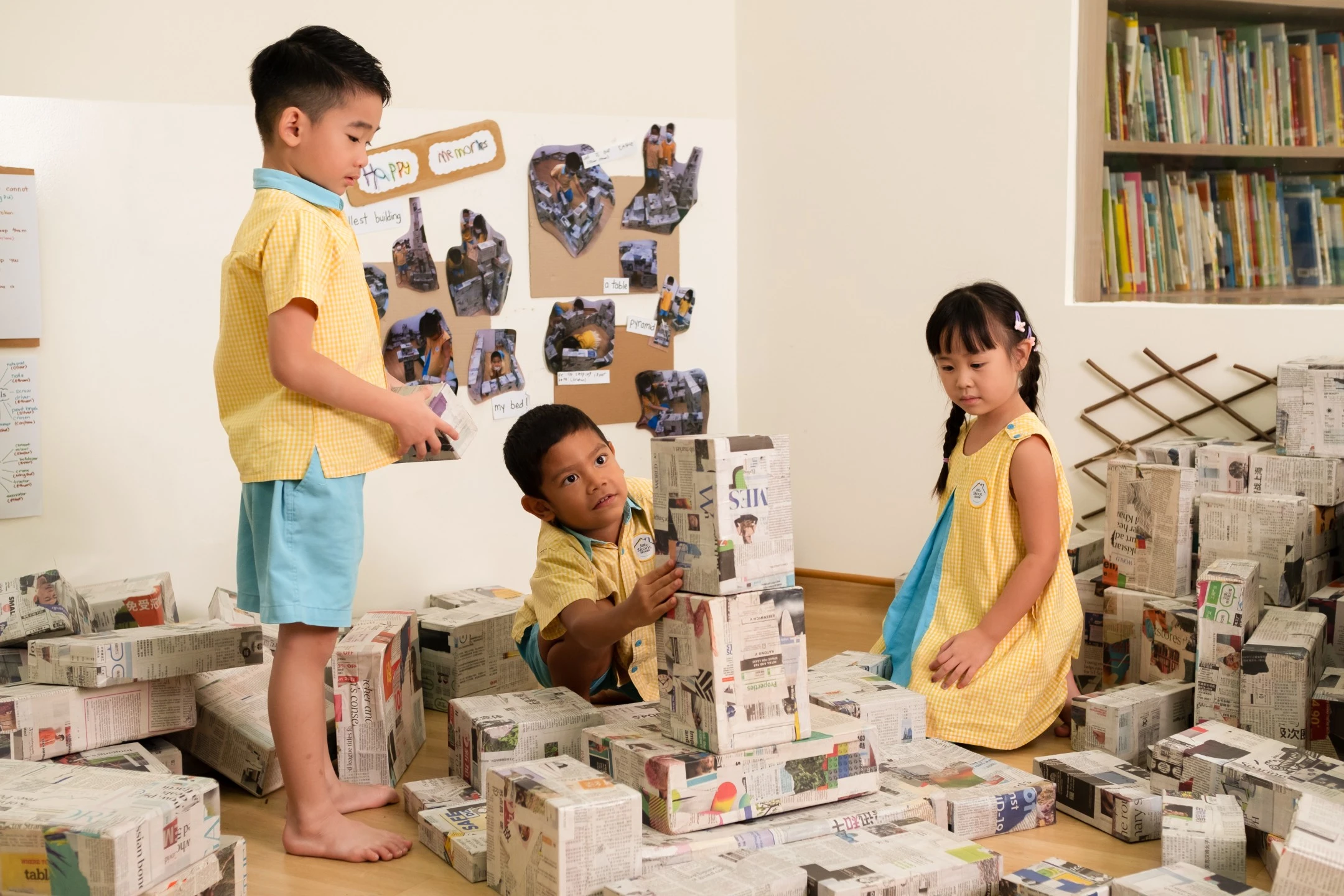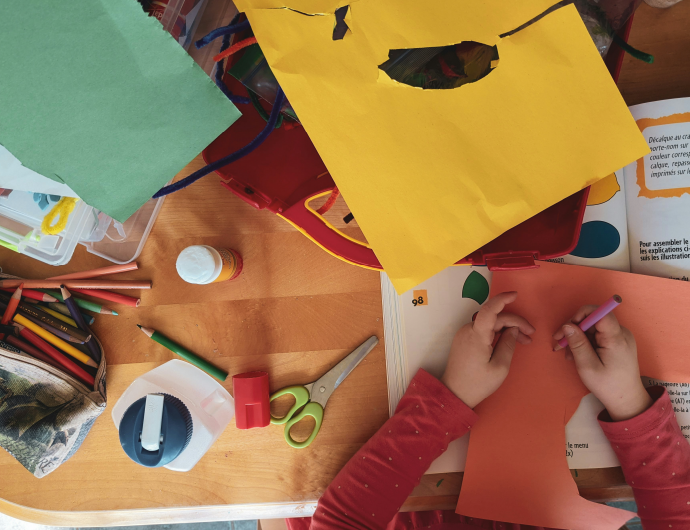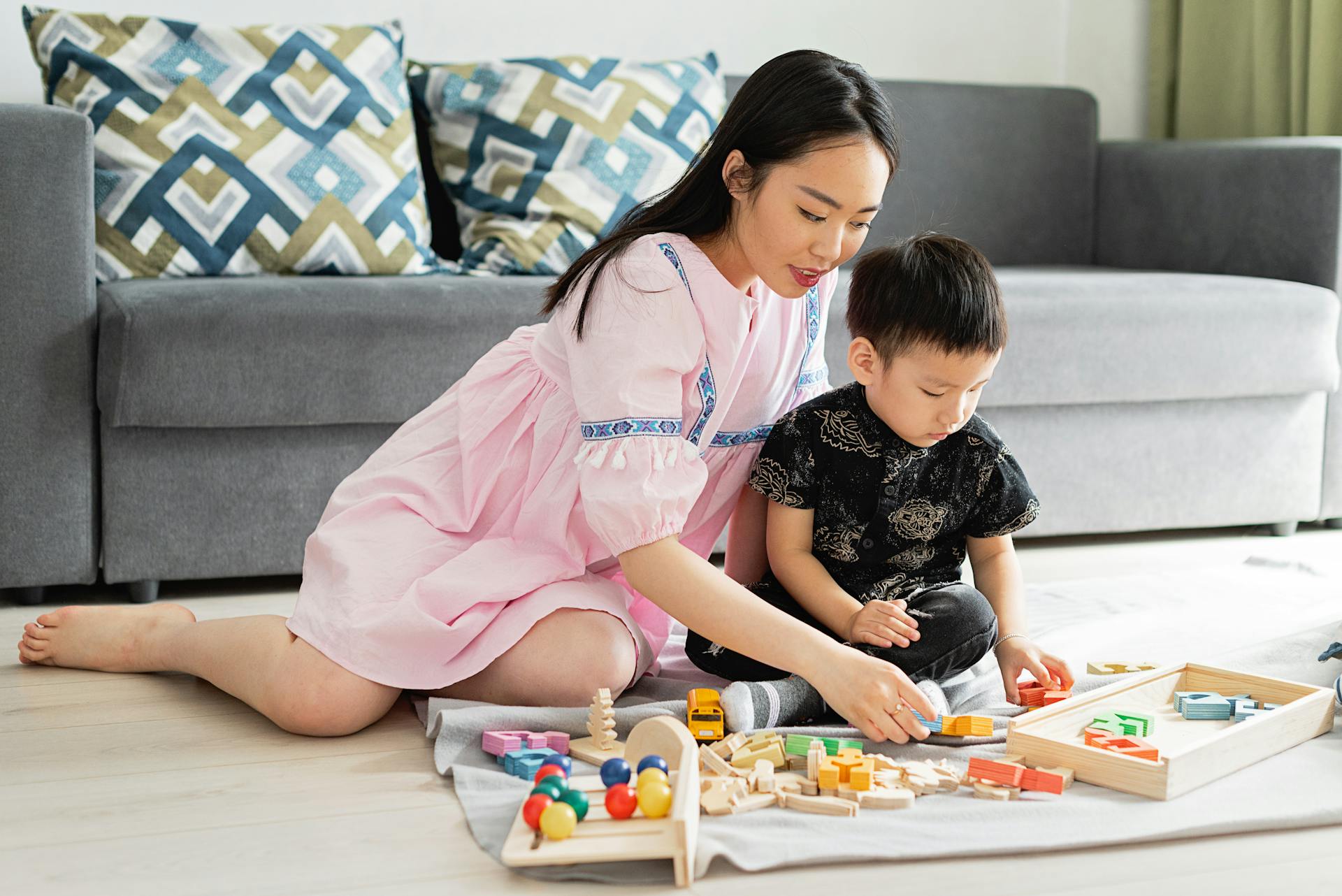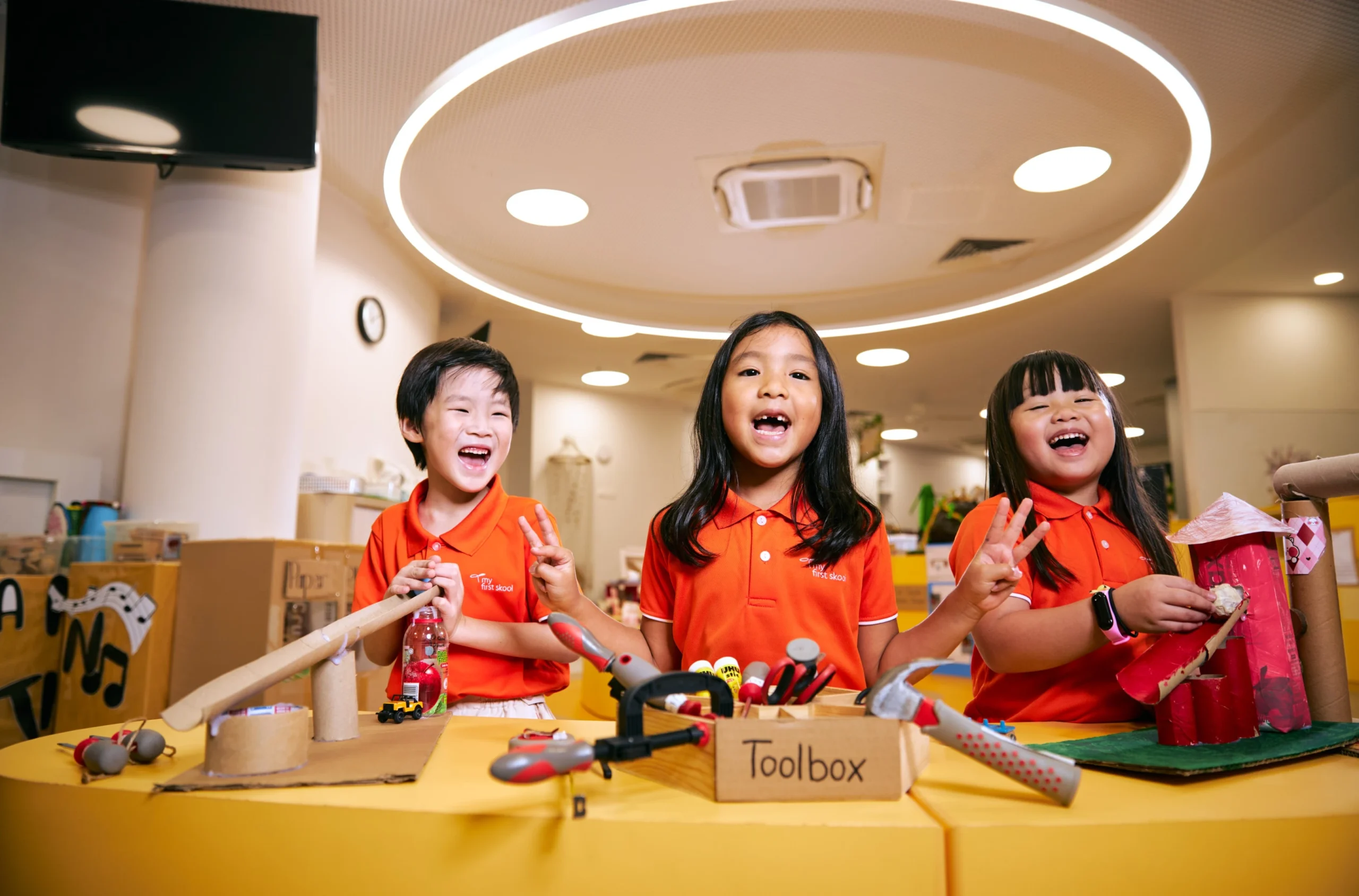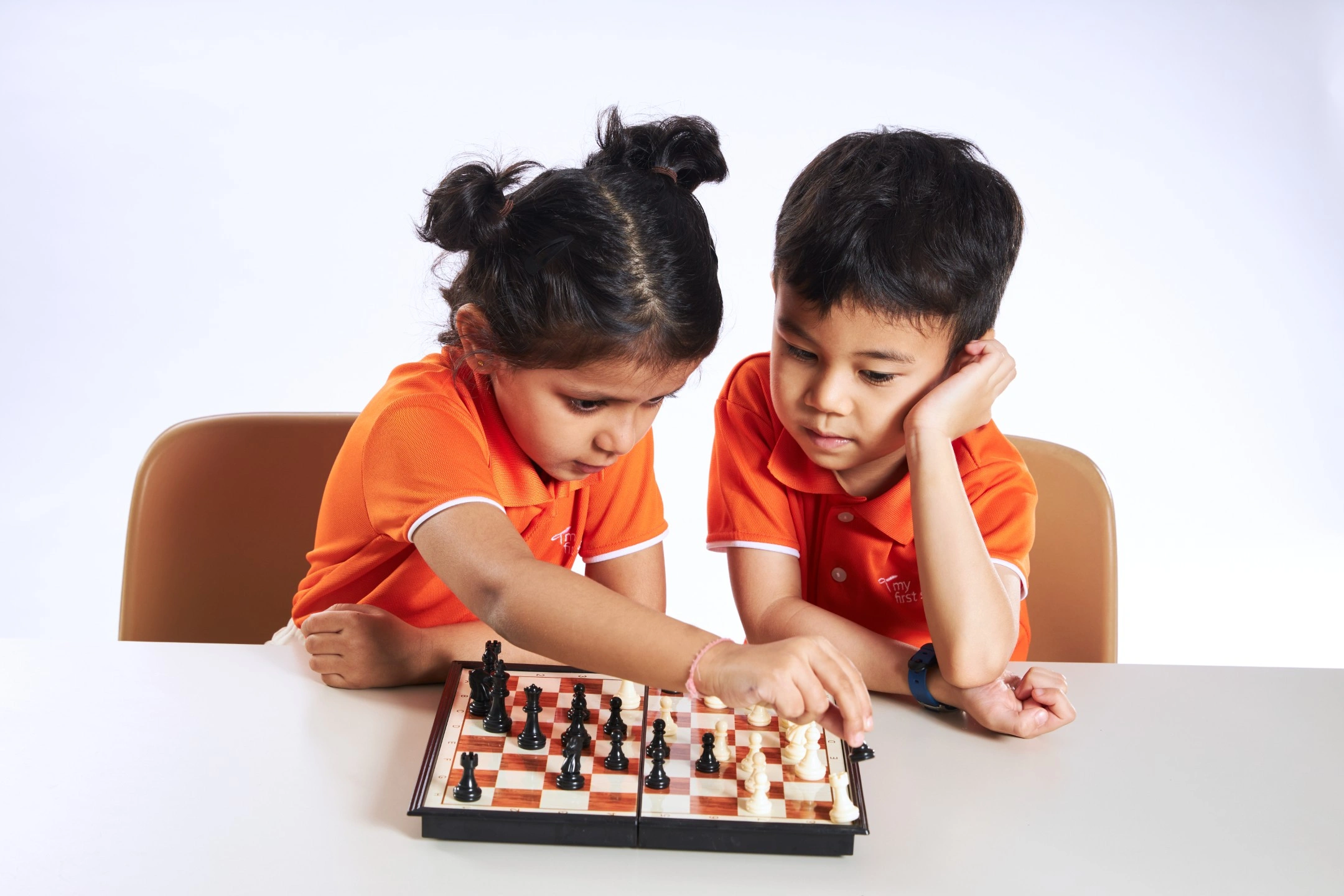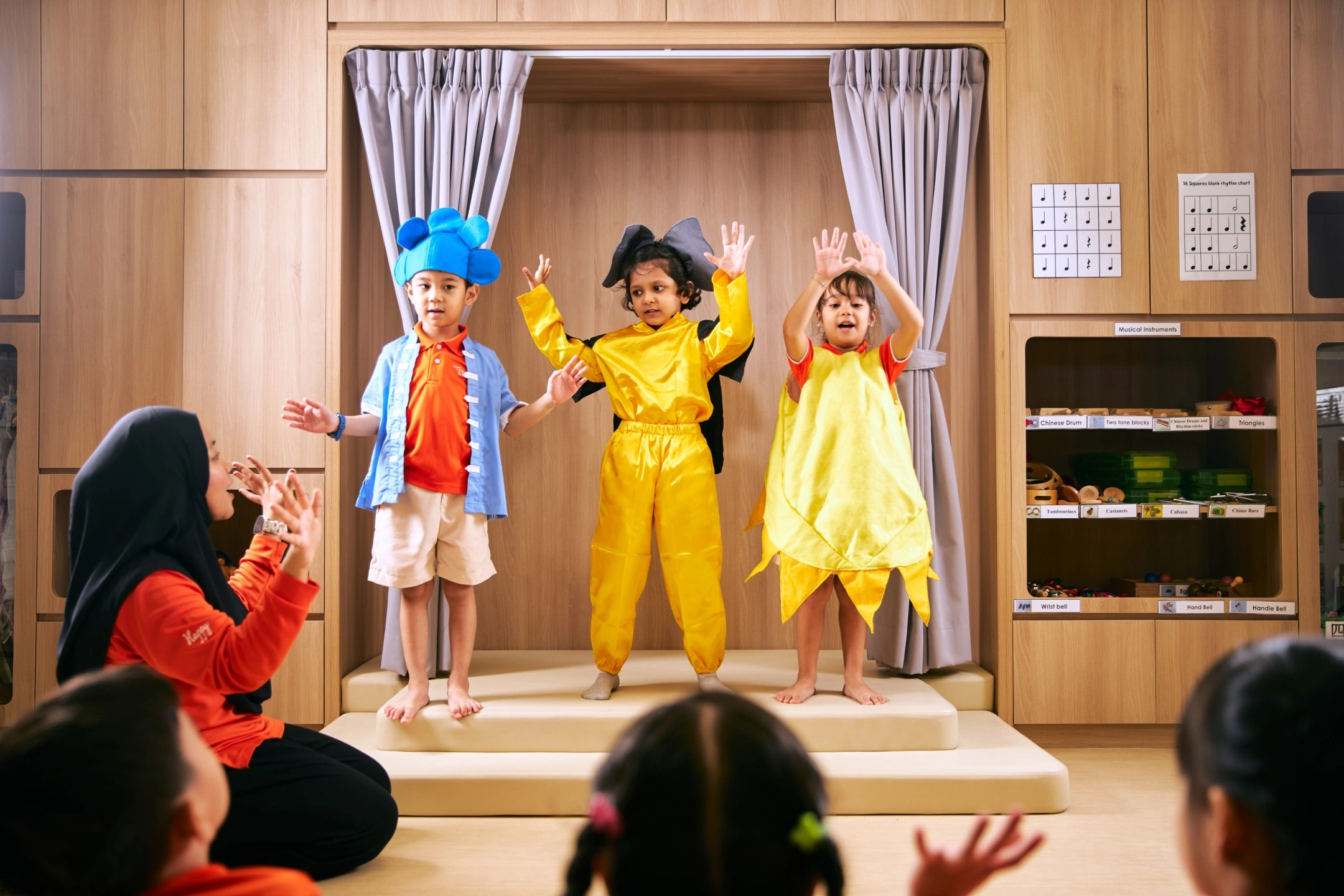How can we help?
Clever Cognitive Games for Kids Under 10 in Singapore (2025)
Activities
Things To Do
In today’s fast-paced world, nurturing a child’s cognitive development from an early age is more crucial than ever. Engaging young minds through play fosters creativity and problem-solving skills and lays the foundation for lifelong learning.
Singapore’s educational landscape emphasises holistic development, recognising that cognitive growth is intertwined with emotional and social well-being.
At My First Skool, cognitive games are naturally part of how we support early learning, recognising how important they are for developing young minds.
In this article, we’ll explore a selection of clever cognitive games, also known as brain games, that align with Singapore’s educational values, suitable for children under 10.
Why Cognitive Games Matter in Early Childhood
The Science Behind Play
Play is not merely a pastime for children; it’s a vital component of their cognitive development.
Engaging in play stimulates various areas of the brain, enhancing skills such as memory, attention, and problem-solving. Activities like puzzles, matching games, and imaginative scenarios encourage children to think critically and adapt to new situations.
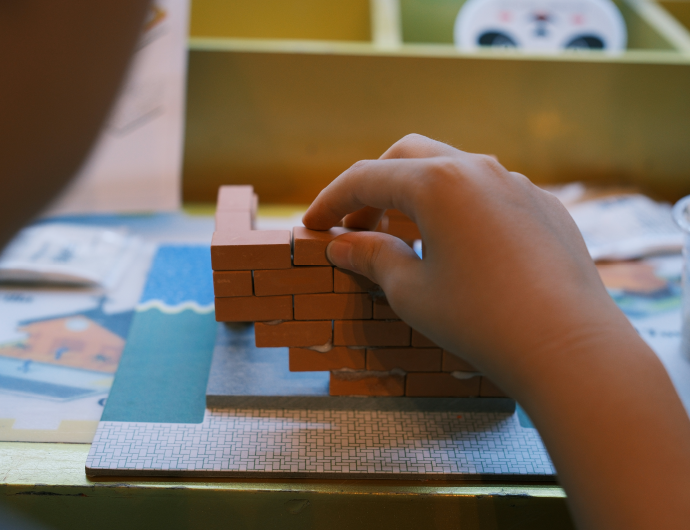
Research underscores the significance of play in early childhood. For instance, sensory play—activities that engage the senses—can refine cognitive thinking by helping children understand their environment and make comparisons.
Aligning with Singapore’s Educational Goals
Singapore’s educational framework places a strong emphasis on holistic development, recognising that cognitive growth is intertwined with emotional and social well-being.
The Ministry of Education’s Nurturing Early Learners (NEL) Framework advocates for a balanced approach, integrating play-based learning to nurture curiosity and critical thinking in young children.
By incorporating cognitive games into early education, we align with these national objectives, preparing children in their classes to navigate an increasingly complex world.
Top Cognitive Games for Kids Under 10
Engaging children in cognitive games is a delightful way to enhance their mental agility, problem-solving abilities, and overall brain development.
Here are some top picks suitable for children under 10, each designed to stimulate different aspects of cognitive growth:
1. Interactive Logic Puzzles
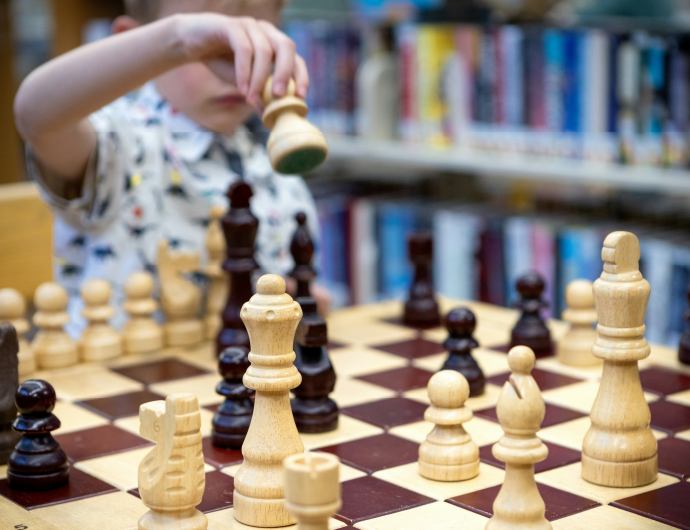
Logic puzzles like Sudoku, Chess, and pattern recognition games are excellent for developing children’s strategic thinking and problem-solving skills.
Examples: Sudoku, pattern-recognition games, and classic board games like Chess.
Benefits:
- Enhance logical reasoning
- Improve strategic thinking
- Hones concentration
Age Group: Suitable for ages 6-10.
2. Memory Matching Games
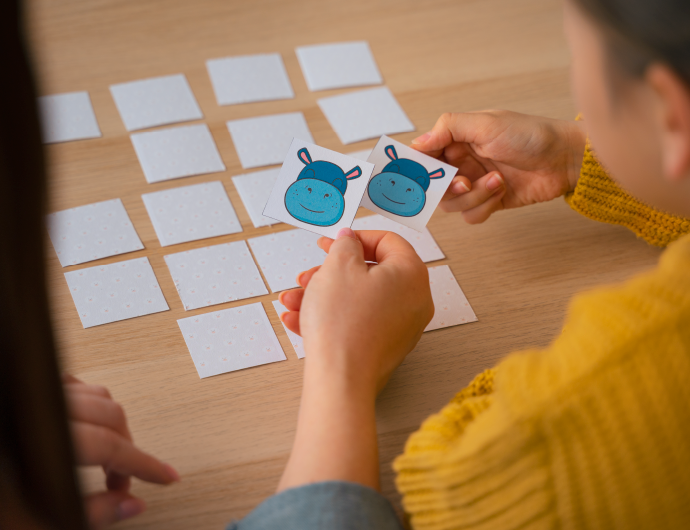
Memory matching games, including card matches and memory apps, are great for boosting kids’ short-term memory and visual recognition skills. These games also promote focus and attention to detail while offering a fun challenge for younger players.
Examples: Classic card matching games, digital memory apps, and “Kim’s Game,” where children memorise a set of items and recall them after a brief period.
Benefits:
- Boost short-term memory
- Fosters greater attention to detail
- Improves visual recognition skills
Age Group: Ideal for ages 4-7.
3. Math-Based Brain Teasers

Math-based brain teasers engage children in fun puzzles and riddles that strengthen their numerical skills. These games challenge kids to think critically, improve problem-solving abilities, and foster a love for math through exciting, interactive challenges.
Examples: Simple arithmetic puzzles, number riddles, and games like “Everything Leads Back to 4,” which challenge kids to use quick mental calculations and pattern recognition.
Benefits:
- Strengthens numerical skills
- Enhances problem-solving abilities
- Fosters a love for mathematics
Age Group: Best for ages 5-9.
4. Language and Word Games
Word games, such as crosswords and word searches, help children expand their vocabulary and improve their spelling skills. These activities stimulate creative thinking and enhance verbal communication, making them a valuable tool for cognitive development.
Examples: Word searches, simple crosswords, and storytelling prompts.
Benefits:
- Expands vocabulary
- Improves spelling proficiency
- Encourages creative thinking
Age Group: Suitable for ages 6-10.
5. Creative Storytelling Activities

Creative storytelling activities, like story cubes and role-playing, encourage children to use their imagination and develop narrative skills. These fun exercises help improve verbal communication and boost creativity by allowing kids to create and share their own stories.
Examples: Story cubes, picture-based storytelling prompts, and role-playing scenarios.
Benefits:
- Fosters imagination
- Enhances narrative skills
- Improves verbal communication
Age Group: Great for ages 5-8.
6. Building Block Activities
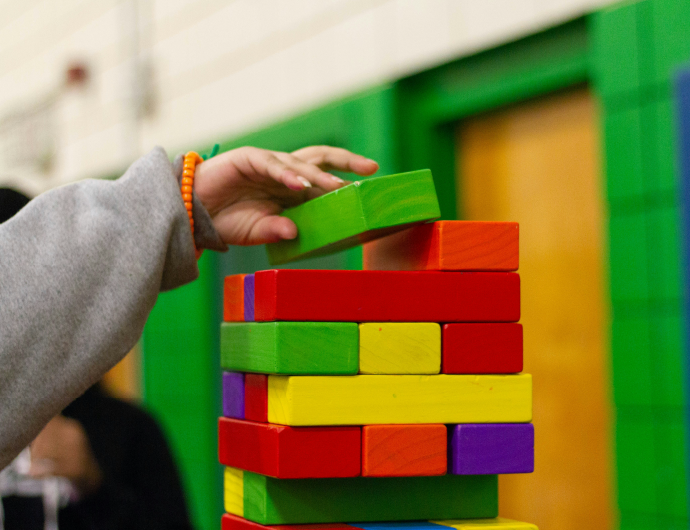
Building block activities encourage children to explore shapes, balance, and design. These hands-on games promote creativity, spatial awareness, and fine motor skills, allowing children to build and experiment while strengthening their cognitive abilities.
Examples: LEGO sets, building towers, and pattern blocks.
Benefits:
- Improves spatial awareness
- Enhances fine motor skills
- Boosts creativity
Age Group: Suitable for ages 4-8.
7. Logic-Based Board Games
Logic-based board games are fantastic for developing strategic thinking and problem-solving skills. By engaging in games that require deduction and planning, children can enhance their logical reasoning and critical thinking in a fun, interactive way.
Examples: “Rush Hour,” “Mastermind,” and “Blokus.”
Benefits:
- Improves logical thinking
- Improves pattern recognition
- Fosters strategic planning skills
Age Group: Ideal for ages 6-10.
8. Tangram Puzzles
Tangram puzzles involve arranging geometric shapes to form specific patterns and designs. These puzzles help improve spatial reasoning and shape recognition, offering children a fun and engaging way to develop problem-solving abilities and a deeper understanding of symmetry and geometry.
Examples: Tangram sets and apps that feature shape puzzles.
Benefits:
- Enhance spatial reasoning
- Improves shape recognition
- Fosters problem-solving skills
Age Group: Best for ages 5-8.
9. Science Experiment Kits

Science experiment kits provide children with hands-on opportunities to explore basic scientific principles through fun, interactive activities.
Examples: DIY science kits for kids, such as volcanoes, crystal-growing kits, and simple chemical reactions.
Benefits:
- Fosters curiosity
- Improves critical thinking skills
- Enhances scientific reasoning skills
Age Group: Suitable for ages 6-10.
10. Mystery-Solving Games
Mystery-solving games, such as “Clue Junior” and escape room puzzles for kids, challenge children to use deduction and teamwork to solve complex problems. These games boost critical thinking, enhance analytical skills, and promote collaborative problem-solving, making them both educational and exciting.
Examples: “Clue Junior”, mystery-themed apps, and escape room puzzles for kids.
Benefits:
- Improve deduction skills
- Improves critical thinking skills
- Fosters teamwork
Age Group: Ideal for ages 6-10.
Incorporating Cognitive Games In Preschools
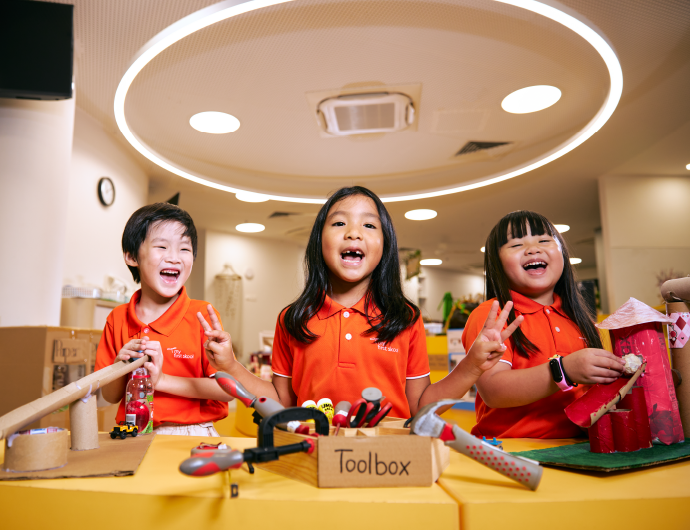
While home activities lay a strong foundation, regular exposure to cognitive games in a preschool setting helps children deepen these essential skills. That’s why at My First Skool, playful learning is woven into daily routines to nurture well-rounded growth.
Integrating cognitive games into a child’s daily routine in preschool settings can be both seamless and enjoyable. These activities not only enhance cognitive development but also foster a love for learning.
Structured Play-Based Learning
Preschools can incorporate cognitive games into their curriculum through structured play. Activities like puzzles, matching games, and storytelling sessions can be both educational and entertaining.
A teacher plays a crucial role in facilitating these structured play-based learning activities, ensuring they are engaging and effective for young learners.
Interactive Group Activities
Group games encourage social interaction and collaborative problem-solving. Activities like building blocks or group storytelling not only develop cognitive skills but also enhance communication and teamwork.
One engaging activity involves a game where participants must catch each other’s mistakes by counting off numbers without following a designated order. If two players say a number at the same time, they must restart, emphasising the importance of communication and attention within the group’s dynamic.
Continuous Assessment and Adaptation
Educators can observe children’s responses to various games and adjust activities to suit individual learning needs, ensuring that each child benefits optimally from the cognitive exercises. It is their job to continuously assess and adapt these activities to maximise learning outcomes.
Building Bright Futures at My First Skool
At My First Skool, nurturing young minds goes beyond traditional teaching—it’s woven into every moment of the day.
By thoughtfully integrating cognitive games into our daily routines, My First Skool lays the groundwork for essential skills like critical thinking, creativity, and resilience.
We recognise that every child is wonderfully unique, bringing their strengths, interests, and ways of learning to the classroom.
Our holistic approach to early childhood education through our preschool curriculum ensures that cognitive development is not an add-on, but a natural and joyful part of each child’s journey.
Through warm, supportive relationships and thoughtfully designed learning experiences, our educators create environments where children feel confident to explore, express themselves, and grow in all aspects—cognitively, socially, and emotionally.
Over 160 Centres Islandwide – Quality Childcare, Minutes from Home
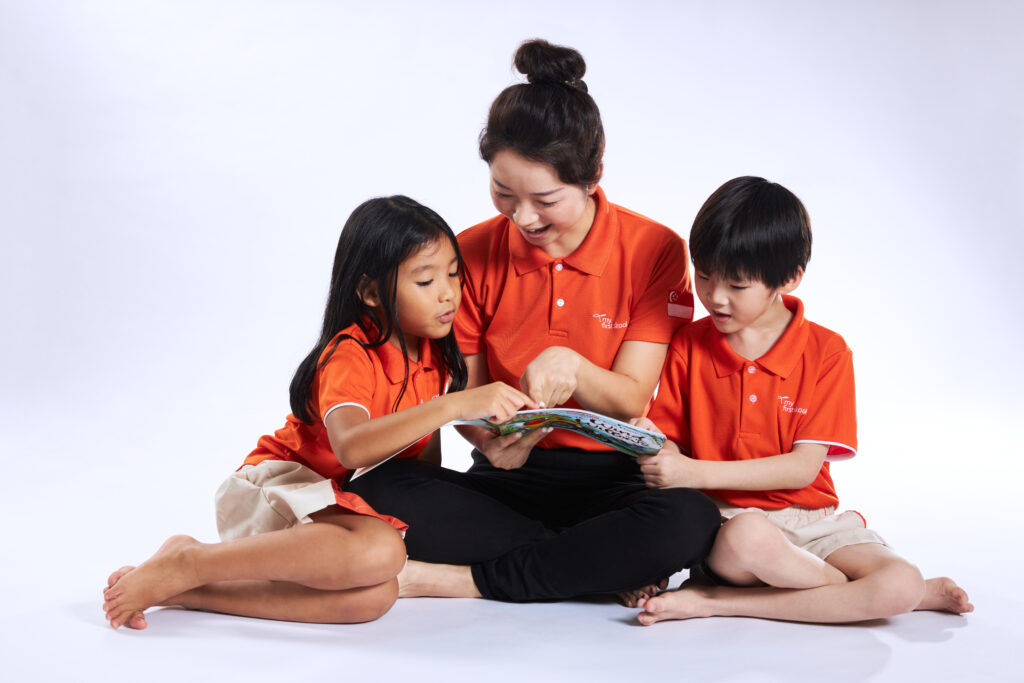
Every year, over 26,000 families all across Singapore see their children benefit from our relationship-based curriculum – one that emphasises forging strong bonds between children, teachers and parents.
Find a preschool near you or take a virtual tour to explore our learning environments and learn how your child can thrive.

